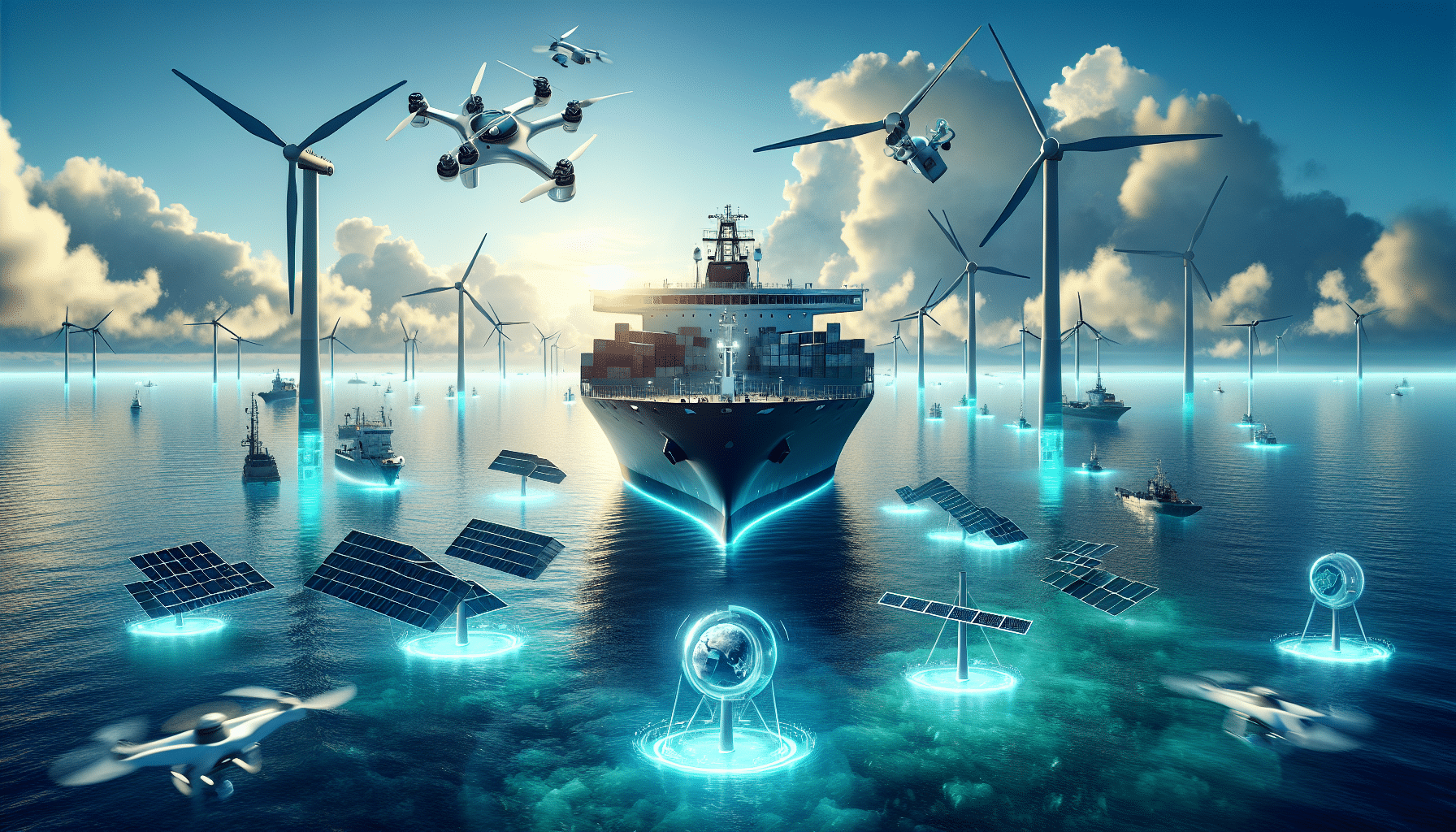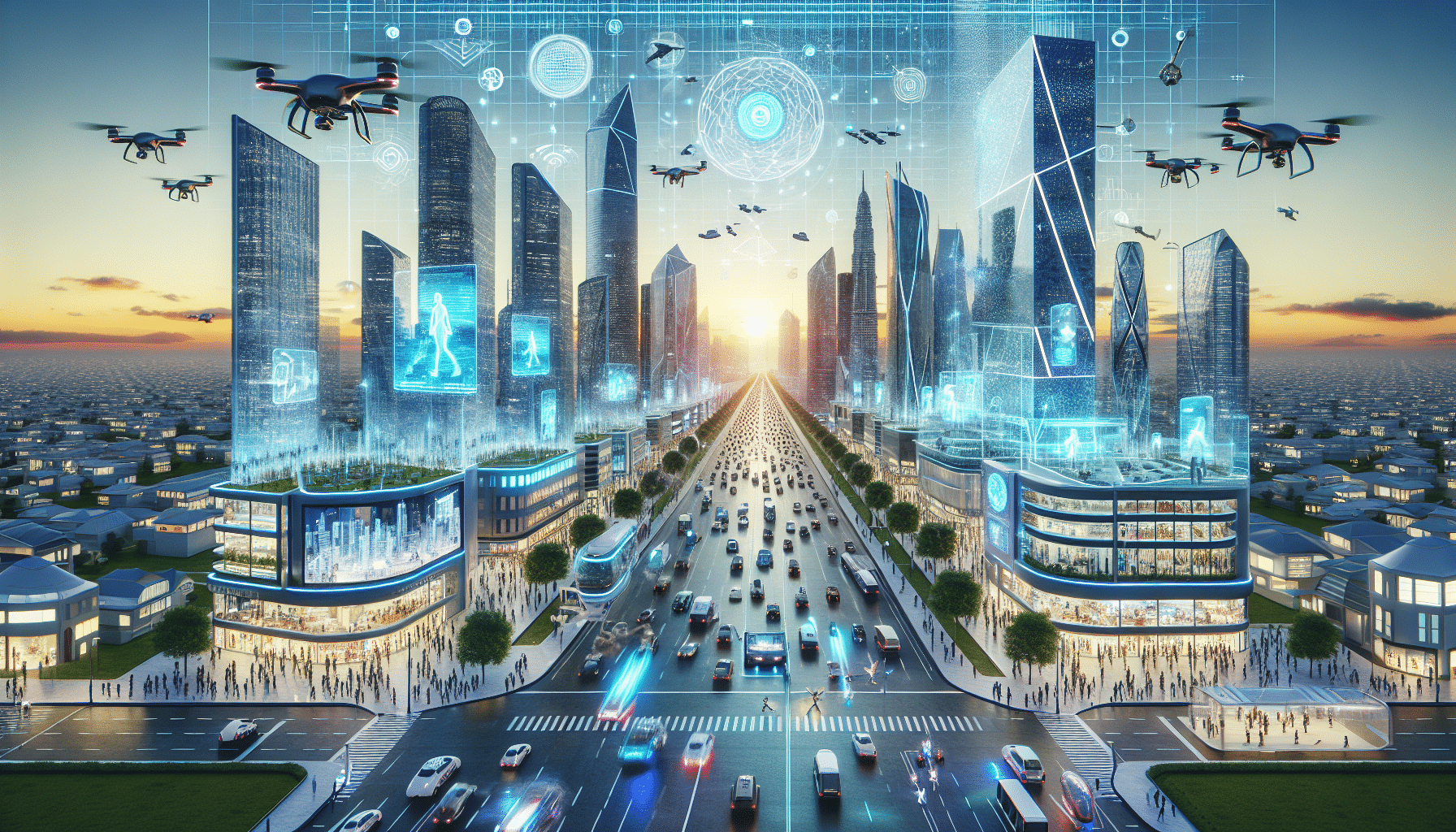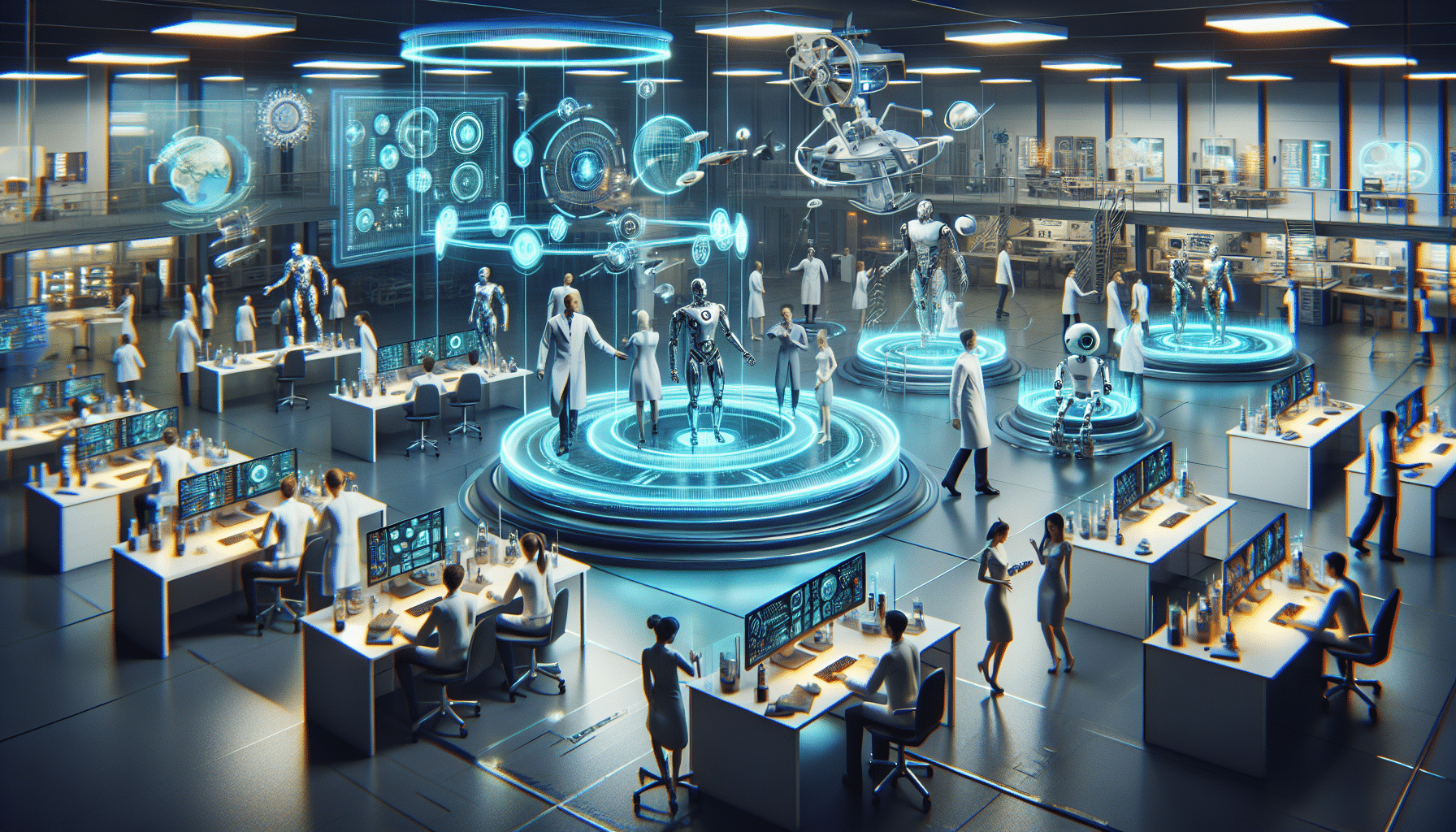Today, the naval industry is undergoing an unprecedented transformation thanks to maritime technology. In this article, discover the innovations that are revolutionizing the sector and how they are taking navigation into the future.
From the implementation of autonomous systems to the use of artificial intelligence and blockchain, shipping companies are adopting innovative solutions to optimize their operations and improve efficiency in maritime transport. These technologies are changing the way vessels are managed and everyday tasks are performed on the high seas.
In addition, maritime technology is also contributing to environmental sustainability, with the introduction of new forms of propulsion and the reduction of polluting emissions. Learn how these innovations are helping to protect the oceans and promote cleaner, safer shipping for the future. Discover everything maritime technology has to offer and join the revolution in the naval industry!
Maritime Technology: The Revolution in the Naval Industry
Maritime technology has undergone significant advances in recent years, completely transforming the naval industry. These innovations have improved the efficiency, safety, and sustainability of maritime operations, opening up new opportunities for the sector.
Automation and digitalization
One of the most important trends in maritime technology is the automation and digitalization of processes. This includes the use of remote control systems, artificial intelligence, and advanced sensors to optimize operations onboard vessels. Automation not only increases efficiency and reduces operating costs, but also improves the safety of crew and cargo.
Renewable energies
Another key development in the marine industry is the adoption of renewable energy to power vessels. More and more companies are investing in technologies such as solar panels, wind turbines, and hybrid propulsion systems to reduce their dependence on fossil fuels and lessen their environmental impact. These solutions are not only more sustainable but can also generate significant long-term savings.
Drones and robotics
Drones and robotics are revolutionizing the way offshore inspections and maintenance operations are performed. These devices can access hard-to-reach areas, perform dangerous tasks, and collect data more efficiently than traditional methods. Thanks to drone and robotics technology, companies can improve the quality of their services and reduce vessel downtime.
Big Data and predictive analytics
The use of Big Data and predictive analytics is allowing shipping companies to optimize their routes, predict and prevent breakdowns, and improve cargo management. By collecting and analyzing large amounts of data in real time, companies can make more informed and effective decisions, increasing their competitiveness in the market. Big Data is also being used to improve the energy efficiency of vessels, reducing their carbon footprint and complying with environmental regulations.
Augmented and virtual reality
Augmented and virtual reality are being used in crew training, ship design, and offshore operations planning. These technologies allow industry professionals to interactively view key information, simulate emergency situations, and conduct more effective training. Augmented and virtual reality are improving safety and efficiency in the naval industry, preparing crews to handle any situation.
In short, maritime technology is transforming the naval industry, boosting the efficiency, safety, and sustainability of operations at sea. Innovations such as automation, renewable energy, drones, Big Data, and augmented and virtual reality are revolutionizing the way vessels are managed and operations are conducted. These advances are not only improving the performance of shipping companies but are also contributing to the protection of the marine environment and compliance with international regulations. Maritime technology is the future of the naval industry, opening up a world of possibilities for the sector and its professionals.

Conclusion
In conclusion, maritime technology is revolutionizing the naval industry by improving the efficiency, safety, and sustainability of operations at sea. Process automation and digitalization, the adoption of renewable energy, the use of drones and robotics, Big Data analytics, and augmented and virtual reality are some of the key innovations transforming the way vessels are managed and maritime operations are conducted.
These technological advances are not only optimizing the performance of shipping companies, but are also contributing to the protection of the marine environment and compliance with international regulations. Maritime technology is not only the future of the naval industry, but also represents a world of opportunities for the sector and its professionals. In short, navigating into the future with maritime technology is essential to remaining competitive in a constantly evolving market.





